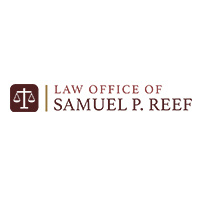Easton Bankruptcy Lawyer, Massachusetts
Sponsored Law Firm
-
 x
x

Click For More Info:
-
Botelho Law Group
901 Eastern Ave Suite 2 Fall River, MA 02723» view mapBankruptcy & Debt Law Fall River Lawyers
At the Botelho Law Group we have several attorneys, with different specializations; to help your case’s individual needs.
800-229-5331
Includes: Bankruptcy Litigation, Commercial Bankruptcy, Consumer Bankruptcy, Dissolution
Samuel P. Reef
✓ VERIFIEDCar Accident, Bankruptcy, Divorce, DUI-DWI
Samuel Reef is a practicing lawyer in the state of Massachusetts. He received his J.D. from Suffolk University Law School in 1994. He currently works ... (more)
Jonathan R. Harris
Real Estate, Workers' Compensation, Banking & Finance, Bankruptcy
Status: In Good Standing
Doug Surprenant
Bankruptcy, Divorce, Employee Rights, Employment Discrimination
Status: In Good Standing Licensed: 23 Years
FREE CONSULTATION
CONTACTFREE CONSULTATION
CONTACT Joseph Botelho Fall River, MA
Joseph Botelho Fall River, MA

